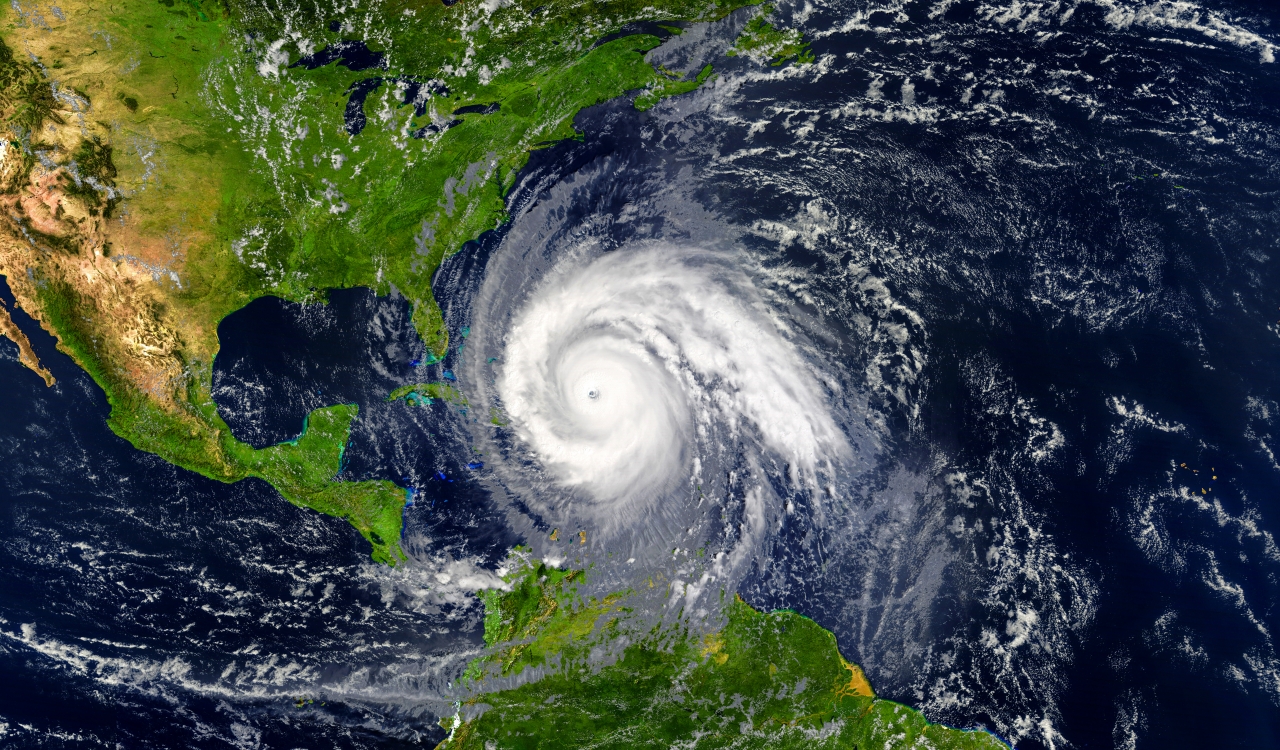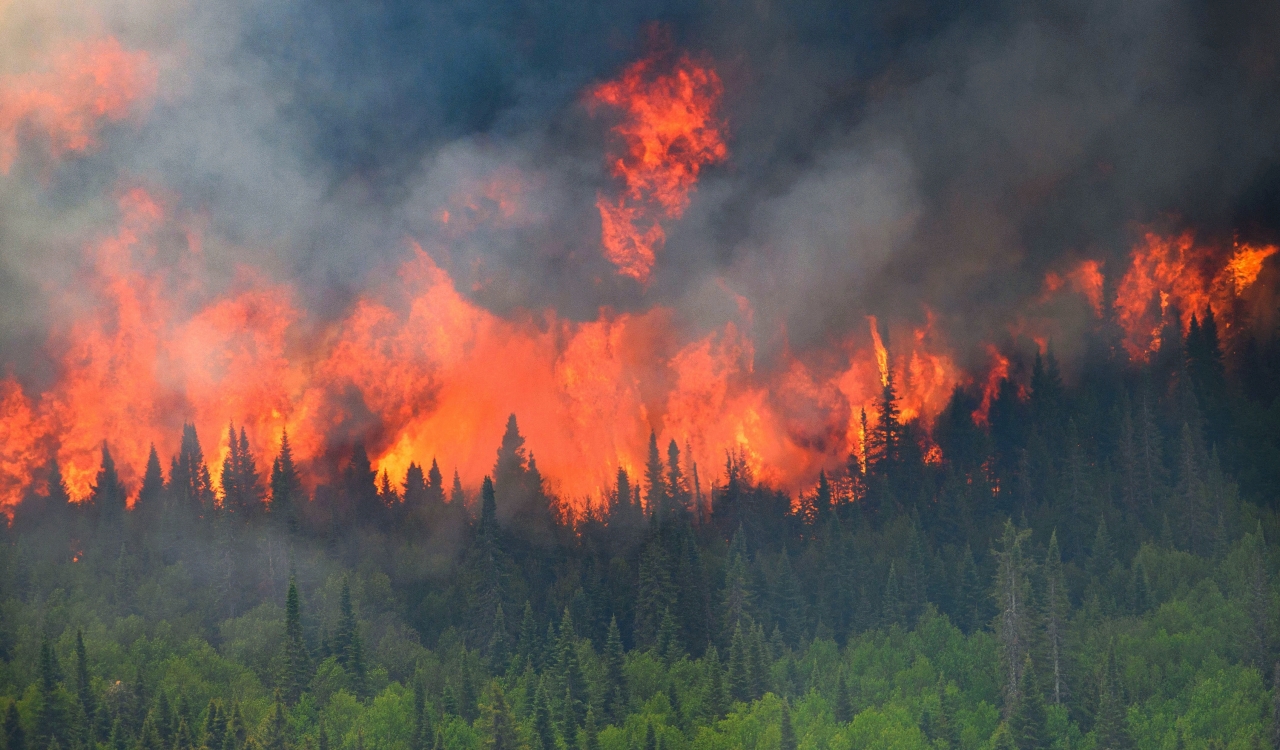If you’re like the rest of the world, you’re probably already tired of this incredible heat wave many places have been experiencing. The reason for the current heat wave issue is ultimately related to man-made climate change along with the El Niño phenomenon. Jet streams aren’t working as they normally do, which is keeping warm air and wide-open sunshine in areas much longer than the norm.
Thereby causing record heat levels, such as Death Valley’s recent 132 degrees Fahrenheit level. Many are wanting to know, when will this end, and there seems to be some news on that front.
Places like New York, Philadelphia, & Chicago (all of which are seeing temps in the 90s) will have to deal with this for longer than they might be used to. The current timeframe according to AccuWeather is until the first few weeks of September. Of course, the El Niño phenomenon is the main reason for this. As it keeps heat levels at the higher range for longer than they would be otherwise.
This is, of course, likely to cause some bigger problems too. These warmer temperatures are likely to supercharge the peak of hurricane season. Interestingly, this tends to happen from mid-September to mid-October.
Hurricane Season Will Be Difficult

[Image via Mike Mareen/Shutterstock.com]
Normally, things like tornadoes will form usually when warm air meets cooler air temperatures. This is why you see a lot of tornadoes form in the Mid-West of the United States, as you’re right in the middle of a territory where these temps will meet a lot. That has also become increasingly common in the southern United States over the past decade too.
Yet when it comes to hurricanes, it’s a bit more complicated. In the open ocean, the warm, moist air will rise and cool off, then water in the air will form clouds. That system of clouds will mix with wind and then spin & grow. This is not always a problem, because more often than not nothing will come from it. However, if properly fed by the ocean’s heat and water evaporating from the surface, you could see the start of a potentially dangerous hurricane.
A lot of hurricanes will form but then die off before they ever reach shorelines. Others, however, will have perfect conditions that allow them to grow and become incredibly dangerous. These types of hurricanes are usually given a name by weather centers and are often the ones counted in a particular year. Rather than counting all hurricanes that form in the open ocean. AccuWeather’s report on this claimed:
“The biggest factor in the hurricane forecast apart from El Niño is the water temperatures across the Atlantic basin, which are running well above average in many areas. Warm water is the fuel for tropical systems. The warmer the water, the more energy is available for the storms to tap.”
Wildfires Cannot Be Forgotten

[Image via Reuters]
While hurricane season will be worrisome, the West Coast of the United States is well aware that wildfires are a potentially huge problem. Even during cooler times of the year, a wildfire can spark up out of nowhere. Yet higher temperatures mixed with a dry environment only increase the likelihood of this taking place.
AccuWeather does have some good news about the wildfires, as well as some bad news. They are telling people that they can expect a relatively shorter wildfire season. At the same time, it is expected to be more impactful. Due to record snowfall & rain earlier this year in the region, wildfire season was delayed a bit. However, they will be making up for the lost time and could cause significant damage. The report said:
“Wildfires will likely burn between 5 and 6.5 million acres across the U.S. this year, below the historical average of 7 million and less than last year’s total area scorched of 7.5 million acres across the country.”
The Associated Press reported on Thursday that July has been the hottest month on record according to scientists. However, we cannot pretend that August won’t also bring a ton of heat too.
The good thing, it seems, is that once this heat wave passes, much cooler temperatures are expected to come. Yet this could be problematic too, as the rapidly cool weather could mix with warm air moving out and cause significant storms as we transition into the Fall period.